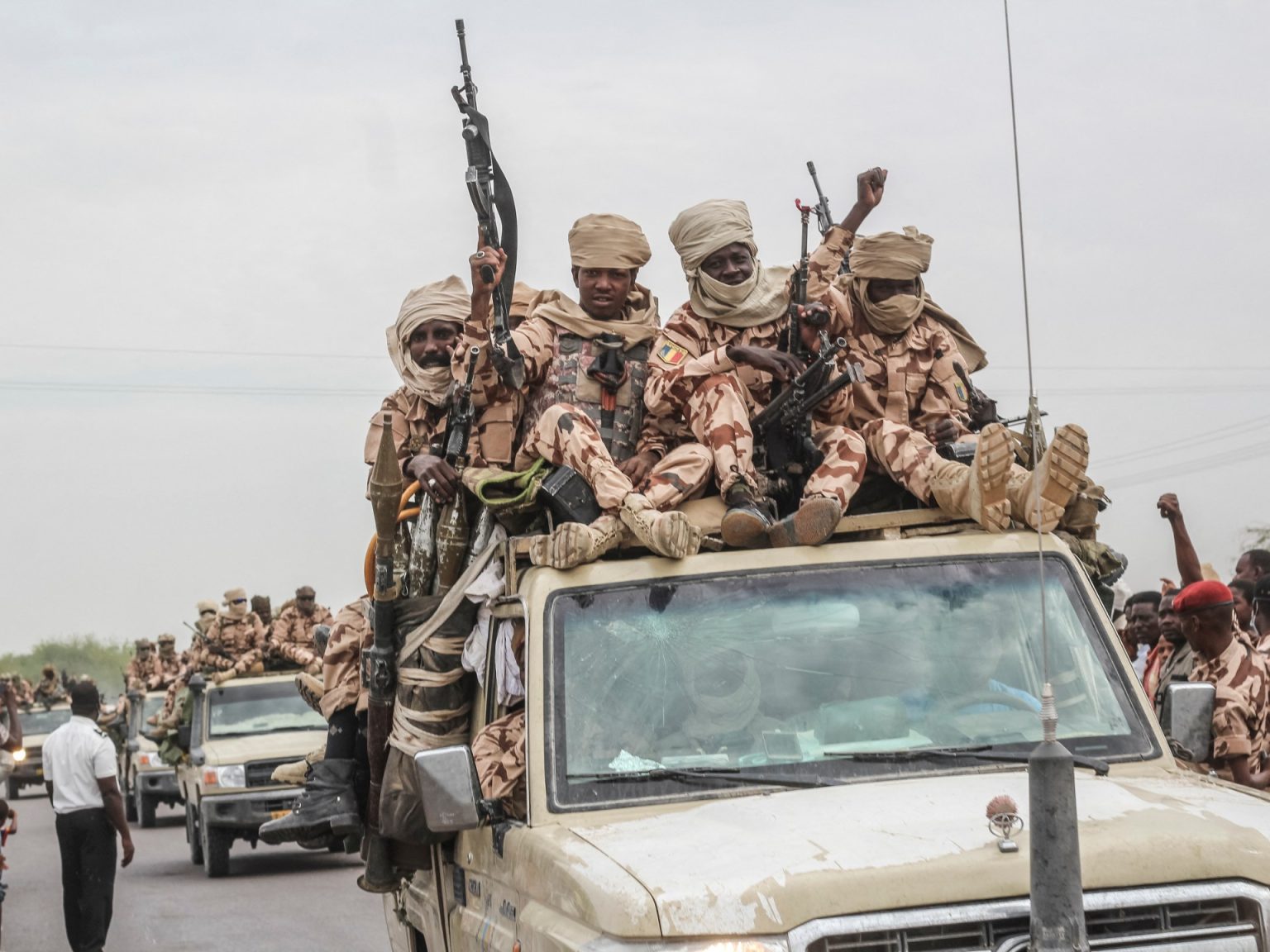Chad’s Capital Reels After Attack on Presidential Palace
N’Djamena, the capital of Chad, is grappling with the aftermath of a brazen attack on the presidential palace. On Wednesday night, more than a dozen heavily armed assailants stormed the complex, engaging in a fierce firefight with security forces. The attack, which claimed the lives of at least 19 people, has left the city on edge, with heightened security measures and a palpable sense of unease. While life has seemingly returned to normal, with businesses and schools open, the underlying tension remains. The attack comes at a sensitive time for Chad, following controversial parliamentary elections boycotted by the opposition and the expulsion of French troops, a move that has raised concerns about a potential security vacuum.
The Unfolding of the Assault and Its Aftermath
The attack unfolded around 8:45 pm local time when a group of 24 heavily armed men breached the security perimeter of the presidential palace. While initial reports suggested the attackers were armed with knives, subsequent accounts and video evidence indicate the use of firearms. The ensuing gun battle resulted in the deaths of 18 attackers and one member of the Chadian security forces, with three other security personnel injured. The aftermath was grim, with videos circulating online depicting bloodied bodies near a pickup truck. President Mahamat Idriss Deby was reportedly within the palace complex during the attack, having met with the Chinese Foreign Minister earlier in the day. At least six individuals have been apprehended in connection with the incident, and investigations are underway.
Chad’s History of Instability and Political Tensions
Chad has a long and troubled history of political instability, marked by rebel movements, armed groups, and coups d’état. Despite its oil wealth, widespread poverty and a challenging climate contribute to the nation’s vulnerability. Power struggles and patronage politics have historically characterized Chadian governance, with successive regimes employing strategies of appeasement and co-option to maintain control. President Deby himself came to power in April 2021 following the death of his father, Idriss Deby Itno, who was killed in clashes with rebels. The younger Deby’s rule has been marked by turbulence, with accusations of unconstitutional power grabs and struggles to garner popular support. His decision to expel French troops, perceived by many as a populist move, has further complicated the security landscape.
Conflicting Narratives and the Search for Culpability
The identity of the attackers and their motives remain shrouded in uncertainty. Conflicting theories abound, ranging from the involvement of Boko Haram, an armed group active in the Lake Chad Basin, to the possibility of an attempted coup. Boko Haram has a history of incursions into Chad, carrying out attacks in N’Djamena in 2015. While some security sources have suggested Boko Haram’s involvement, government officials have downplayed this theory, attributing the attack to a group of drunken "Pieds Nickeles," a reference to inept criminals from a French comic. However, the audacity and sophistication of the assault make this explanation appear implausible. Other potential suspects include rebel groups like the Front for Change and Concord in Chad (FACT), which has openly expressed its opposition to the Deby regime and threatened to overthrow the government. The possibility of an inside job, aimed at assassinating President Deby and seizing power, cannot be discounted, given Chad’s history of coups.
The French Troop Withdrawal and its Security Implications
The expulsion of French troops in December, while potentially boosting Deby’s popularity, has raised concerns about a security vacuum. France, a former colonial power and long-time ally, maintained a significant military presence in Chad. The withdrawal of French forces leaves Chad vulnerable to potential exploitation by armed groups. While Chad has signed an agreement with Hungary for the deployment of 200 soldiers to support and train local forces, the timeline for their arrival remains unclear. The absence of French military presence, including their intelligence-gathering capabilities, has left Chad in a precarious position, increasing the likelihood of future attacks.
The Future of Security and Stability in Chad
Chad faces a daunting challenge in maintaining security and stability in the wake of this attack. The expulsion of French troops, coupled with internal political tensions and the persistent threat of armed groups, creates a volatile environment. The government’s downplaying of the attack and the conflicting narratives surrounding the assailants raise concerns about transparency and accountability. As Chad navigates this uncertain terrain, the need for a comprehensive security strategy, addressing both internal and external threats, is more critical than ever. The incident underscores the fragility of the country’s security apparatus and the potential for further unrest. The international community must remain vigilant and support Chad in its efforts to stabilize the situation and prevent further violence.

